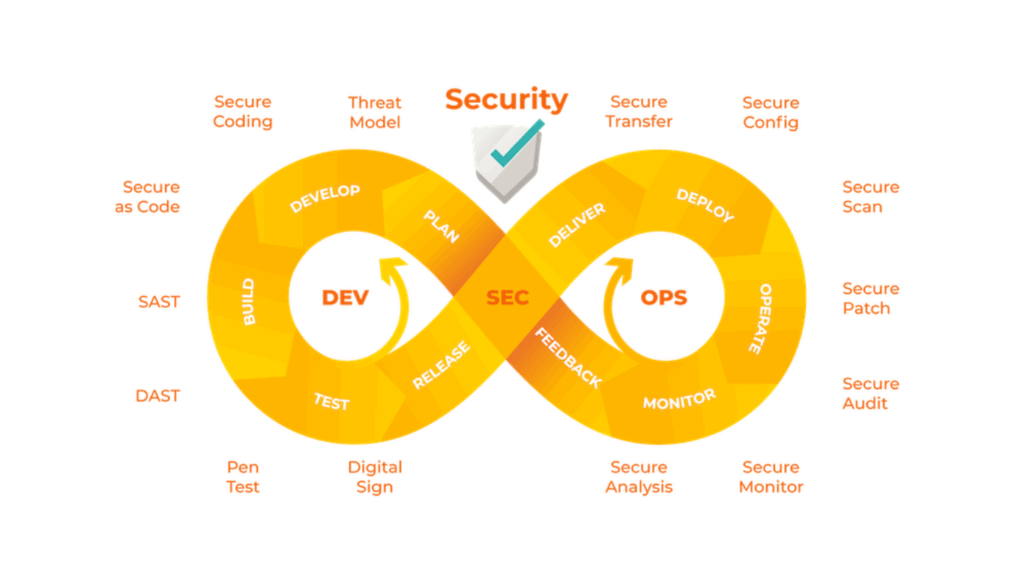What is Big Data Testing?
The strategy that concerns analyzing and validating the functionality of the Big Data Applications can be defined as Big Data Testing. Big Data is a collection of a massive amount of data that traditional storage systems cannot handle.
Testing such a vast quantity of data would take some unusual tools, strategies, and wording, which will be discussed in the later sections of this article.
Big Data Testing Strategy
Testing an Application that manages terabytes of data would take the aptitude from an entirely new level and out of the box thinking. The core and essential tests that the Quality Assurance Team concentrates is based on three Scenarios. Namely,
- Batch Data Processing Test
- Real-Time Data Processing Test
- Interactive Data Processing Test
How to test Hadoop Applications
We can divide big data testing into three steps.
Step 1: Data Staging Validation
The pre-Hadoop stage is the first step in big data testing. It involves process validation
- Data from various sources should be validated to check if the pulled data is correct or not.
- The data in Hadoop and source data should be compared to make sure they match
- The data location in HDFS should also be verified.
Step 2: “MapReduce” Validation
After staging validation comes the validation of “MapReduce”. In this phase, the tester confirms the business logic verification on every node and then validate them after running against numerous nodes, confirming that the
- Map Reduce operation performs perfectly
- Data accumulation or segregation rules are implemented on the data
- Key-value pairs are generated
- After the Map-Reduce process, validate the data
Step 3: Output Validation Phase
The last stage is the output validation process. The output data files are developed and prepared to be transferred to an Enterprise Data Warehouse or any other system based on the need.
The following are the actions to take in the third stage.
- To check the modification rules are correctly used
- To check the data integrity and triumphant data load into the targeted system
- By comparing the target data with the HDFS file system data to check that there is no data corruption





























